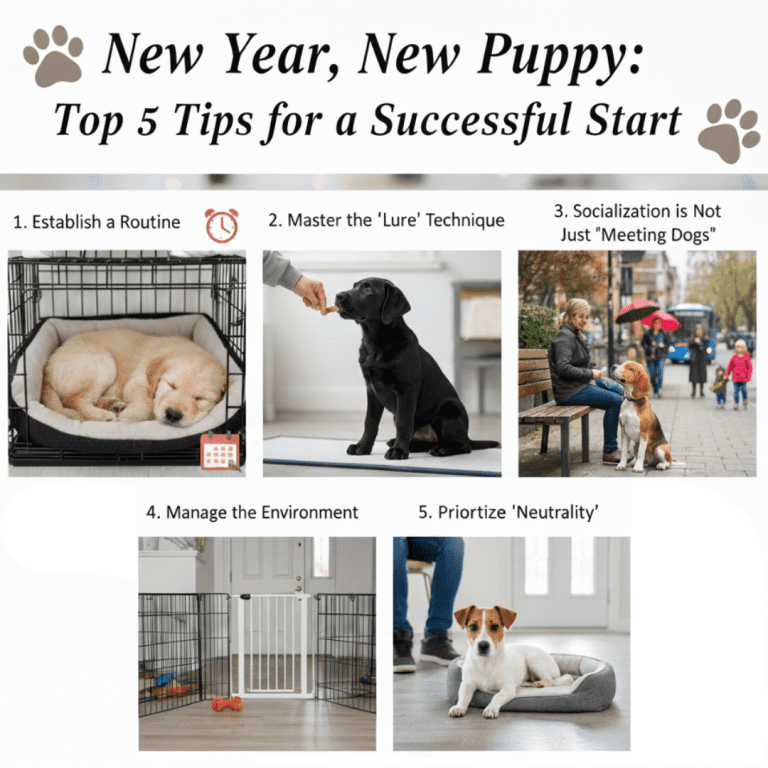Spotlight on Doggy Mental Health: Understanding and Alleviating Canine Cabin Fever
As the winter months press on, with their shorter days and plummeting temperatures, it’s not just humans who can feel the sting of cabin fever. Our canine companions, much like us, are susceptible to the mental strain that comes with being cooped up indoors. Recognizing the signs of stress or boredom in our dogs and taking proactive steps to address these feelings are crucial for maintaining their mental health and overall well-being.
Recognizing the Signs of Canine Cabin Fever
Dogs, renowned for their love of exploration and activity, can show several signs of distress when they’re not getting enough physical or mental stimulation. Here are some indicators to watch for:
– Increased Restlessness or Hyperactivity:** Pacing, inability to settle down, or showing more energy than usual can be signs your dog is itching for more activity.
– Destructive Behaviors:** Chewing on furniture, digging at carpets, or tearing up household items can indicate boredom and a lack of physical exercise.
– Excessive Barking or Whining:** Vocalizing more than usual can be a sign of frustration or an attempt to get attention for more interaction.
– Changes in Eating Habits:** Loss of appetite or, conversely, increased interest in food as a form of entertainment can occur.
– Withdrawal:** Some dogs may become less interactive, choosing to isolate themselves more than usual.
Enhancing Your Dog’s Mental Health Through Training
Training isn’t just about learning commands or tricks; it’s a powerful tool for mental stimulation and building a deeper bond between you and your dog. Here are ways in which training can positively impact your dog’s mental health, especially during the colder months:
– Mental Stimulation: Learning new commands or practicing existing ones challenges your dog’s brain, keeping them mentally sharp and engaged. Try indoor training sessions focusing on new tricks or reinforcing basic obedience skills.
– Physical Exercise: Incorporate training exercises that also provide physical activity. Indoor agility courses, hide-and-seek, and fetch in a hallway or large room can help burn off some energy.
– Emotional Connection: Training sessions reinforce the bond between you and your dog, providing them with attention and interaction that can alleviate feelings of loneliness or neglect.
– Routine and Structure: Dogs thrive on routine, and regular training sessions help provide structure to their day, which can be comforting in times of reduced outdoor activity.
Tips for Indoor Training and Activity
– Set Up an Indoor Obstacle Course: Use household items to create a simple agility course to navigate with your dog.
– Practice Nose Work: Hide treats around the house for your dog to find, engaging their sense of smell and encouraging exploration.
– Teach New Tricks: Use the extra indoor time to teach your dog new tricks or reinforce training in a fun, rewarding way.
– Interactive Toys: Invest in puzzle toys that challenge your dog to think and work for their treats.
Conclusion
The mental health of our dogs is just as important as their physical health. Recognizing the signs of cabin fever and employing strategies to combat it through training and indoor activities can make the winter months more enjoyable and enriching for both you and your canine friend. Remember, a mentally stimulated dog is a happy dog. Let’s use this time to strengthen our bonds with our pets, ensuring they remain active, engaged, and mentally healthy, no matter the season.






